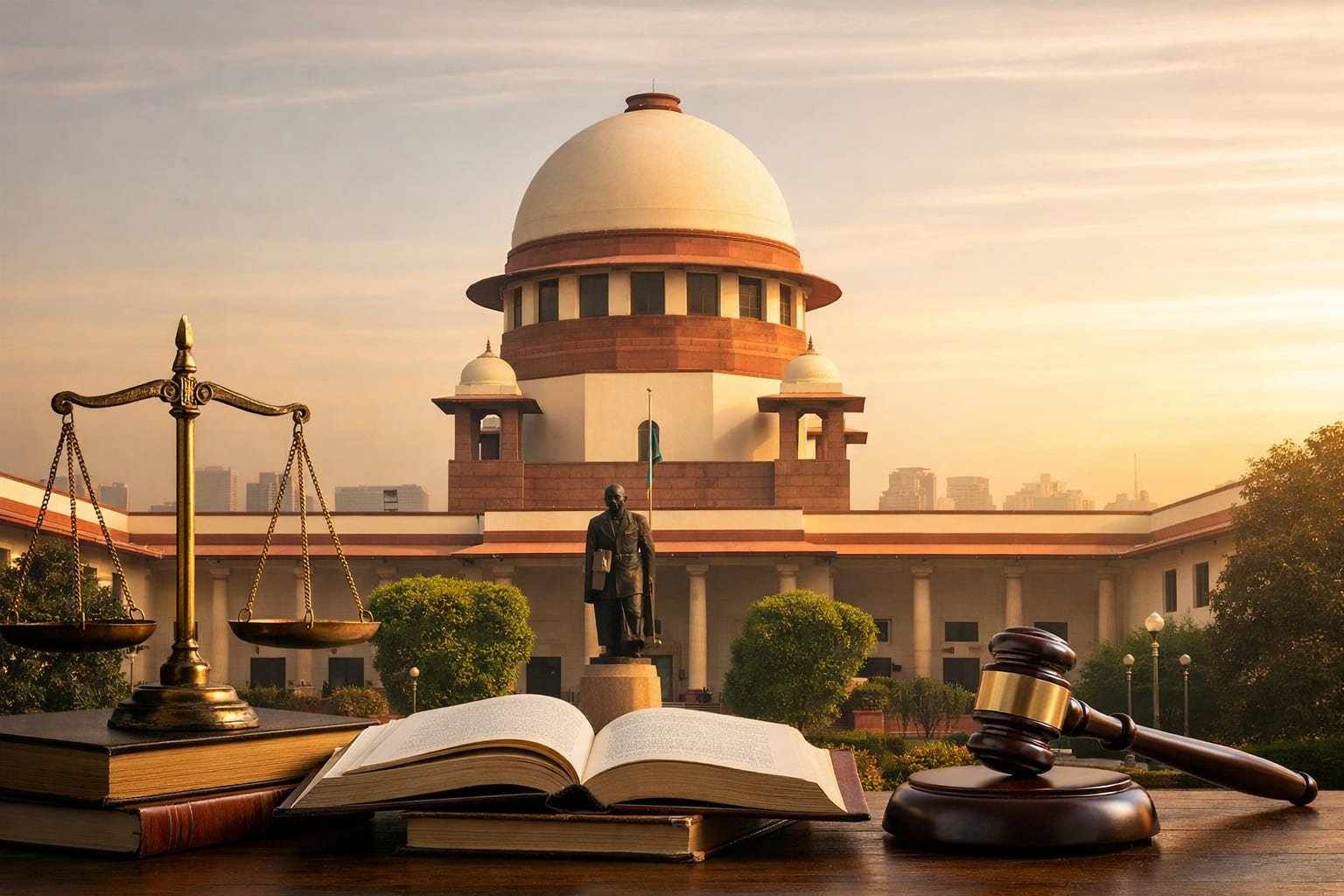Family law in India is a comprehensive legal framework that governs matters related to family relationships such as marriage, divorce, adoption, guardianship, succession, and maintenance. The unique aspect of family laws in India is that they are primarily governed by the personal laws of different religious communities. In India, family laws are deeply intertwined with religion, customs, and personal laws, making the legal landscape diverse and complex. In this blog, we will explore the various components of family laws in India, their sources, and how they impact the lives of individuals. At Patrons Legal, we aim to simplify this complexity and provide expert legal support in all family-related matters.
Overview of Family Law in India
Family law in India is governed by a mix of statutory provisions, personal laws, and judicial precedents. The legal system recognizes religious diversity and offers different sets of personal laws for Hindus, Muslims, Christians, Parsis, and others.
Key family law statutes include:
-
The Hindu Marriage Act, 1955
-
The Special Marriage Act, 1954
-
The Indian Divorce Act, 1869
-
The Muslim Personal Law (Shariat) Application Act, 1937
-
The Guardians and Wards Act, 1890
-
The Protection of Women from Domestic Violence Act, 2005
-
The Hindu Adoption and Maintenance Act, 1956
Each law addresses specific aspects like marriage validity, separation, maintenance, custody, and more.
1. Marriage Laws in India
Marriage laws vary across religions:
✅ Hindu Marriage Act, 1955
Applicable to Hindus, Buddhists, Jains, and Sikhs. It covers:
-
Conditions for a valid marriage
-
Registration of marriage
-
Grounds for annulment or divorce
✅ Muslim Personal Law
Muslims follow Nikah, a contract-based marriage under Sharia law. While not codified extensively, aspects are governed by customs and judicial interpretations.
✅ Special Marriage Act, 1954
A secular law allowing interfaith or civil marriages. It mandates:
-
Notice period before marriage
-
Registration and solemnization procedures
✅ Other Laws
-
Indian Christian Marriage Act, 1872
-
Parsi Marriage and Divorce Act, 1936
Each law includes specific provisions for solemnization, dissolution, and legal rights.
2. Divorce Laws in India
Divorce procedures differ based on religious affiliation:
✅ Hindus
Under the Hindu Marriage Act, divorce can be sought on the grounds like:
-
Cruelty
-
Adultery
-
Desertion
-
Conversion
-
Mutual consent
✅ Muslims
A man may divorce through Talaq, while a woman may seek Khula. Judicial divorce can be sought under the Dissolution of Muslim Marriages Act, 1939.
✅ Christians
Governed by the Indian Divorce Act, 1869, divorce is allowed on grounds like adultery, cruelty, or desertion.
✅ Under the Special Marriage Act
Applicable to all citizens regardless of religion. Provides for both contested and mutual consent divorce.
3. Child Custody and Guardianship
Child custody is one of the most sensitive aspects of family law. In India, custody is granted based on the best interest of the child rather than just parental rights.
Types of custody:
-
Physical Custody
-
Joint Custody
-
Legal Custody
-
Third-party Guardianship
Laws governing custody include:
-
The Guardians and Wards Act, 1890
-
Hindu Minority and Guardianship Act, 1956
-
Judicial precedents and child welfare principles
Courts consider the child’s age, emotional needs, and welfare before granting custody.
4. Maintenance and Alimony
Maintenance is financial support provided to a spouse, children, or parents. Key provisions include:
-
Section 125 CrPC – Offers maintenance to wives, children, and parents irrespective of religion.
-
Hindu Adoption and Maintenance Act, 1956 – Specifically for Hindus.
-
Muslim Women (Protection of Rights on Divorce) Act, 1986 – Provides maintenance during iddat and beyond under judicial discretion.
Courts evaluate:
-
Income of parties
-
Standard of living
-
Needs of the spouse or children
5. Domestic Violence Laws
The Protection of Women from Domestic Violence Act, 2005 (PWDVA) offers protection from:
-
Physical, emotional, sexual, and economic abuse
-
Threats, harassment, and coercion
Victims can seek:
-
Protection orders
-
Residence orders
-
Monetary relief
-
Custody of children
The law is civil in nature, but can lead to criminal proceedings under Section 498A IPC if abuse is proven.
6. Inheritance and Property Rights
Inheritance laws in India are complex due to the interplay of personal laws:
✅ Hindus
-
Governed by the Hindu Succession Act, 1956
-
Recognizes equal rights for daughters in ancestral property (amended in 2005)
✅ Muslims
-
Governed by Shariat Law
-
Fixed shares for heirs; no concept of equal distribution
✅ Christians and Parsis
-
Governed by the Indian Succession Act, 1925
Legal assistance is crucial to interpret wills, succession certificates, and property division.
7. Adoption Laws in India
Adoption is regulated by:
-
Hindu Adoption and Maintenance Act, 1956 – Only Hindus can adopt under this law.
-
Juvenile Justice (Care and Protection of Children) Act, 2015 – Allows adoption irrespective of religion.
Muslims, Christians, and Parsis can become guardians under the Guardians and Wards Act, but not adopt in the traditional sense.
8. Role of Family Courts
Established under the Family Courts Act, 1984, these courts handle:
-
Marriage and divorce
-
Maintenance
-
Custody and guardianship
-
Property disputes arising from marriage
Family courts focus on reconciliation, speedy trials, and in-camera proceedings to maintain privacy.
Why Legal Representation Matters
Navigating family disputes without legal help can be overwhelming. A qualified family lawyer ensures:
-
Protection of your legal rights
-
Proper documentation and filing
-
Courtroom representation
-
Negotiation and mediation support
Whether you’re dealing with divorce, custody, or inheritance, expert legal guidance ensures fair outcomes.
How Patrons Legal Can Help
At Patrons Legal, we specialize in all aspects of family law in India. Our experienced team of family lawyers in Delhi brings decades of combined expertise, offering:
-
Strategic advice on marriage, divorce, custody & inheritance
-
Personalized support through emotional legal battles
-
Strong representation in family courts and High Courts
-
Transparent communication and ethical advocacy
Whether you seek legal separation, child custody, or protection from abuse, our firm is committed to safeguarding your rights with empathy and integrity.
Conclusion
Family law in India is a blend of religious customs, statutory provisions, and judicial decisions. Navigating this landscape requires a deep understanding of personal laws, procedural rules, and cultural nuances. As India modernizes, family law continues to evolve, balancing tradition with constitutional values. Whether it is a marriage registration or a complex custody battle, seeking advice from an experienced family lawyer is essential to ensure that your rights are protected.








Leave a Reply